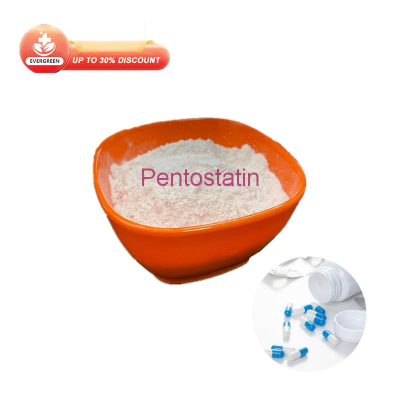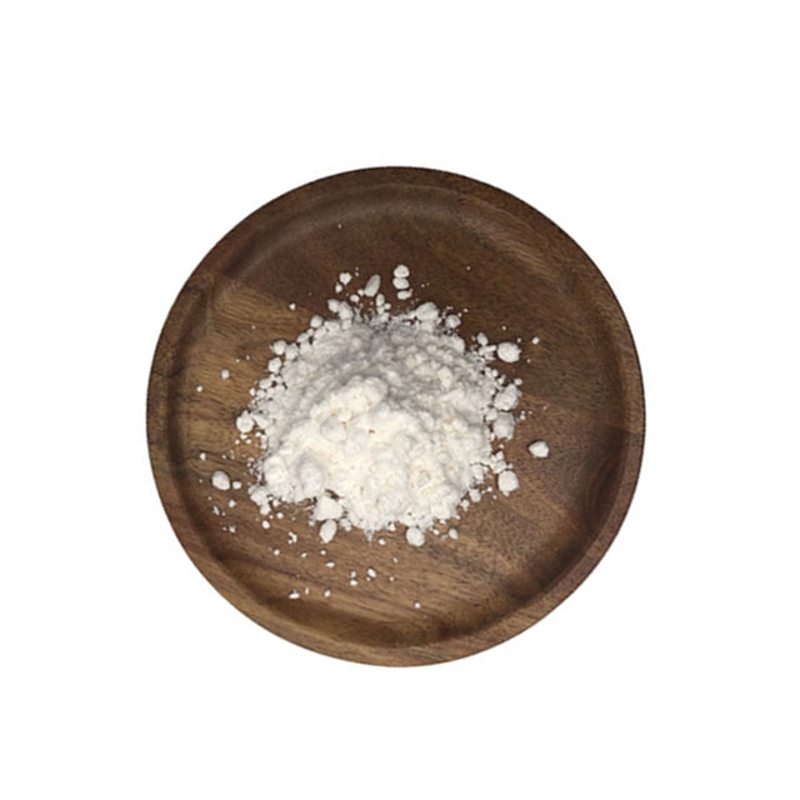-
Categories
-
Pharmaceutical Intermediates
-
Active Pharmaceutical Ingredients
-
Food Additives
- Industrial Coatings
- Agrochemicals
- Dyes and Pigments
- Surfactant
- Flavors and Fragrances
- Chemical Reagents
- Catalyst and Auxiliary
- Natural Products
- Inorganic Chemistry
-
Organic Chemistry
-
Biochemical Engineering
- Analytical Chemistry
- Cosmetic Ingredient
-
Pharmaceutical Intermediates
Promotion
ECHEMI Mall
Wholesale
Weekly Price
Exhibition
News
-
Trade Service
Mr Li is not simply named in the paper, but is one of three correspondents, Professor Liu Zhihua of the Chinese Academy of Medical Sciences and Professor Zhan QiminCell Research Magazine, currently with a factor of 17.848, is the most influential domestic academic journal and the highest influence factor in Asia, which is the light of the national journalIts latest influence factor is expected to exceed 20 points, making it the first domestic academic journal in history to reach 20 pointsesophageal squamous cell carcinoma requires in-depth study
esophageal cancer (EC) is the seventh most commoncancerin the world and the sixth leading cause of cancer deathsesophageal squamous cell carcinoma (ESCC) is the main esophageal cancer histology subtype, characterized by its invasive clinical process, and constitutes a subgroup with poor prognosis in esophageal cancerfrom an epidemiological point of view, the incidence of esophageal squamous cell carcinoma (ESCC)showed significant geographical differences in various regions of ChinaCompared with the rest of China, the incidence of esophageal squamous cell carcinoma (ESCC) is high in the Taihang Mountains, Xinjiang and Chaotou regions, while the incidence in other parts of China is also increasing rapidlyesophageal squamous cell carcinoma (ESCC) is a highly heterogeneous disease with poor molecular classification at the molecular level, variable clinical results, and no reliable prognosis biomarkersThe exact molecular mechanism of the cause of esophageal squamous cell carcinoma (ESCC) is not well understood at present, leading to limited targeted treatment and insufficient clinical management of patientsAlthough some potential therapeutic targets have been identified, few of the mutated genes in ESCC can be clinically active, and the number of inhibitors currently approved for advanced ESCC is very limitedtherefore, there is a strong need to identify new ESCC cancer-driven genes based on whole genome sequencing (WGS) data and to explore other prognostic biomarkers in a wider range of ESCC patients with available clinical datafindingsto overcome these challenges, the team performed deep whole genome sequencing in the perforad fixed paraffin-wrapped tumor tissue of microneedle punctures and matched adjacent non-cancerous tissue in 508 patients with esophageal squamous cell carcinoma (ESCC) with clinical follow-up datathe study found and identified five new significant mutation genes associated with cancer metastasis and patient prognosis, among which, the NFE2L2 gene was found to have a negative effect on esophageal squamous cell carcinoma (ESCC), the NFE2L2 gene mutation may impair its anti-cancer effect, and even lead to cancer-causing activity, in addition, it was found that nfE2L2 gene mutations are significantly related to esophageal squamous cell carcinoma (ESCC) adverse lynothe study also identified potentially relevant non-coding gene mutations, in which hot mutations in the SLC35E2 gene promoter region were associated with poor survival rates in patientsoverall, the study reported on the largest data set of esophageal squamous cell carcinoma (ESCC) genome maps and found several clinically relevant coding and non-coding genomic mutations that could be used to develop biomarkers that can be used for diagnosis and treatmentin addition, the study classified esophageal squamous cell carcinoma (ESCC) into three main subtypes based on the genome map, which strongly predicts the prognosis of esophageal squamous cell carcinoma (ESCC) patientsthis genomic study reveals broad prospects for driving genetic changes in transcoding and non-coding regions, and identifies potential molecular pathology in esophageal squamous cell carcinoma(ESCC)the author of the paper contributedthe paper wrote in the author's contribution: Liu Zhihua, Li Yanhong, Zhan Qimin supervised the whole study, designed the experimental program, edited the paper manuscript (the test, designed eded the the study, and edited the manuscript)The research was funded by the National Key Research and Development Program, the CAMS Medical Innovation Fund, the National Natural Science Foundation of China, the Shenzhen Medical and Health "Three" Project, and the Guangdong Provincial Foundation for Basic and Applied Basic Researchin addition, the paper also pays special tribute to Baidu's generous support for the study (A special thanki to mrYanhong Li (Baidu) for his generous support of this project)paper link:https:// author: iBioWorld Source: BioWorld







